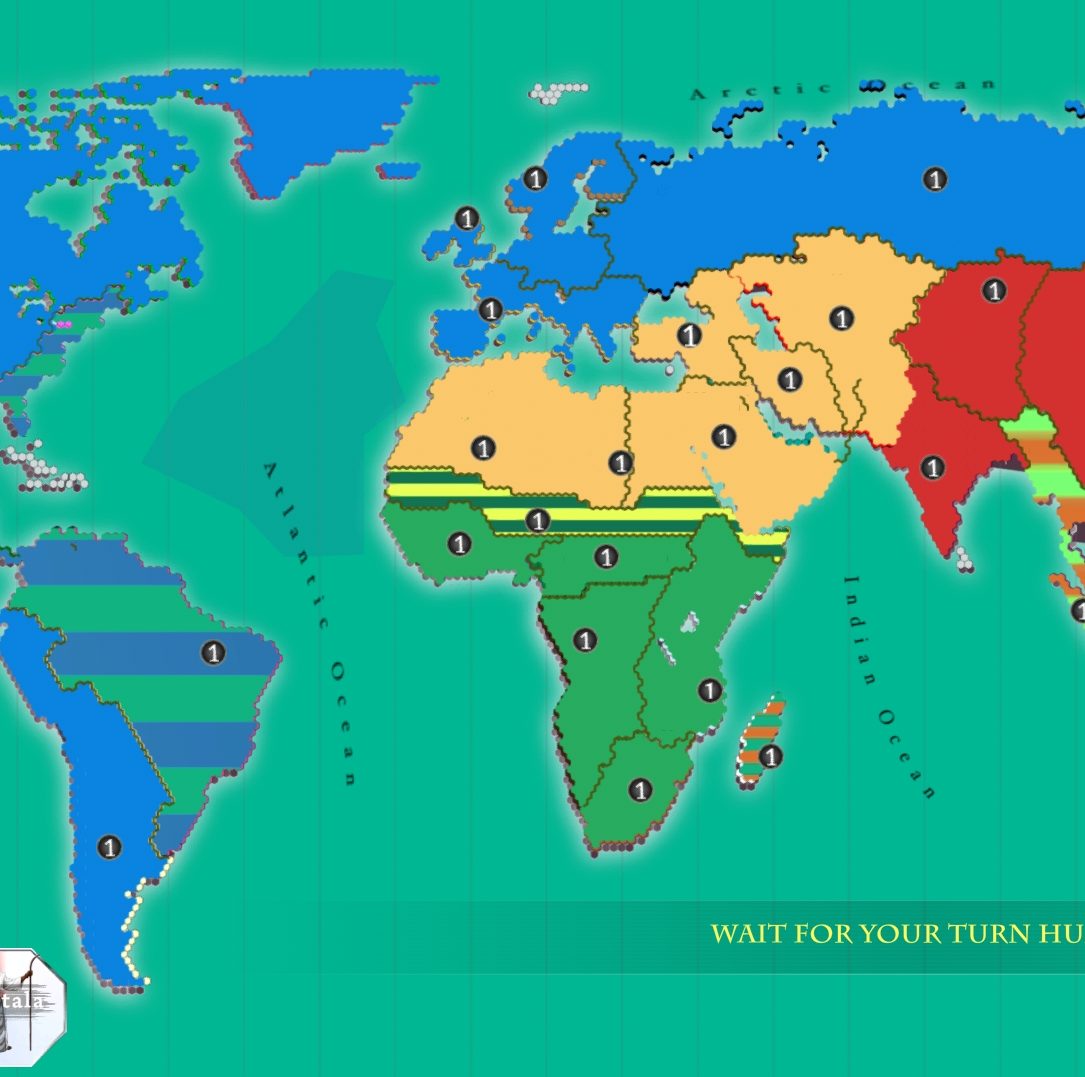By Prince Justice Faloye
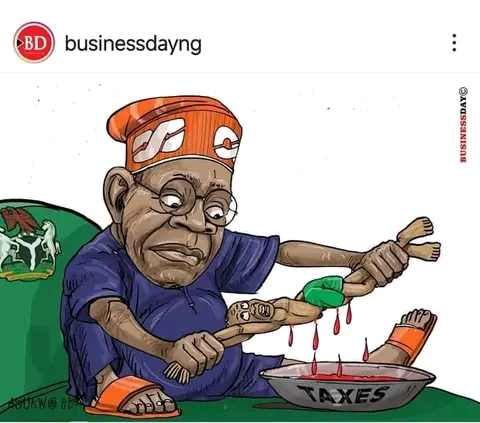
President Tinubu claimed our $10b fuel subsidies were too expensive and removed them, which has led to galloping inflation, while the US government’s Inflation Reduction Act (IRA) is paying out $369 billion in energy subsidies. Our London Chicago politicians turned subsidies into a dirty word, but UK spent £258bn on subsidies across the economy in 2020/21, representing about 23 percent of all government spending. It is basic economics that subsidies provide huge multiplier effects to stimulate consumer demand and local production, while Tinubu subsidy removal has killed the economy and he only wants to use redenomination to hide the corpse. Mental slavery is so bad it can make you self destructive and even commit suicide.
For political survival, the political leadership of Western nations led by revolution prone France introduced an array of subsidies, following the Russian Revolution. Even though energy and transport subsidies are at the foundation of Western mercantilist economies, to avert revolutions across Western nations in the mid 1900s they paid out huge housing subsidies which is why they have neat rows of houses across their cities built around the same time. Subsidies were paid for employment, health, transport and Agriculture to stop price fluctuations that kill agriculture, but African leaders fall for upside down economic theories prescribing subhuman conditions for Blacks, to arrest and exploit us in modern economic slavery.
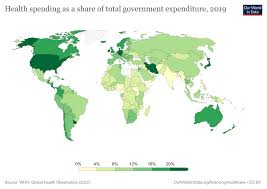

Like with the Native Labour Supply Theory, the backward bending supply curve, to justify low Black wages, it was postulated that Black people are genetically lazy and couldn’t be motivated after a certain level of wages to supply more labour, current day Eurocentric scholars and politician postulate a body of self destructive and poverty perpetuating policies. One can’t but wonder which IMF economic rulebook informed Tinubu to remove the $10 billion subsidy which was just 2% of our GDP but had multiplier effects of over 33% in the economy, when the latest International Monetary Fund (IMF) report estimates 6.5 percent of global GDP ($5.2 trillion) was spent on fossil fuel subsidies in 2017, a half trillion dollar increase since 2015.
What are Nigeria’s economic models if not the world largest subsidizers that are China ($1.4 trillion in 2015), the United States ($649 billion) and Russia ($551 billion). The International Energy Agency estimated that so-called consumption subsidies for fossil fuels across the world doubled in 2022 to $1 trillion globally. The Agency tracked some $634 billion in energy-sector subsidies in 2020, and found that around 70% were fossil fuel subsidies.
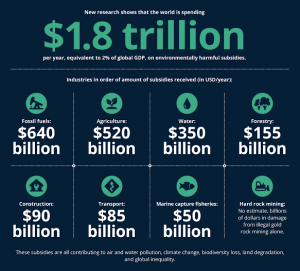
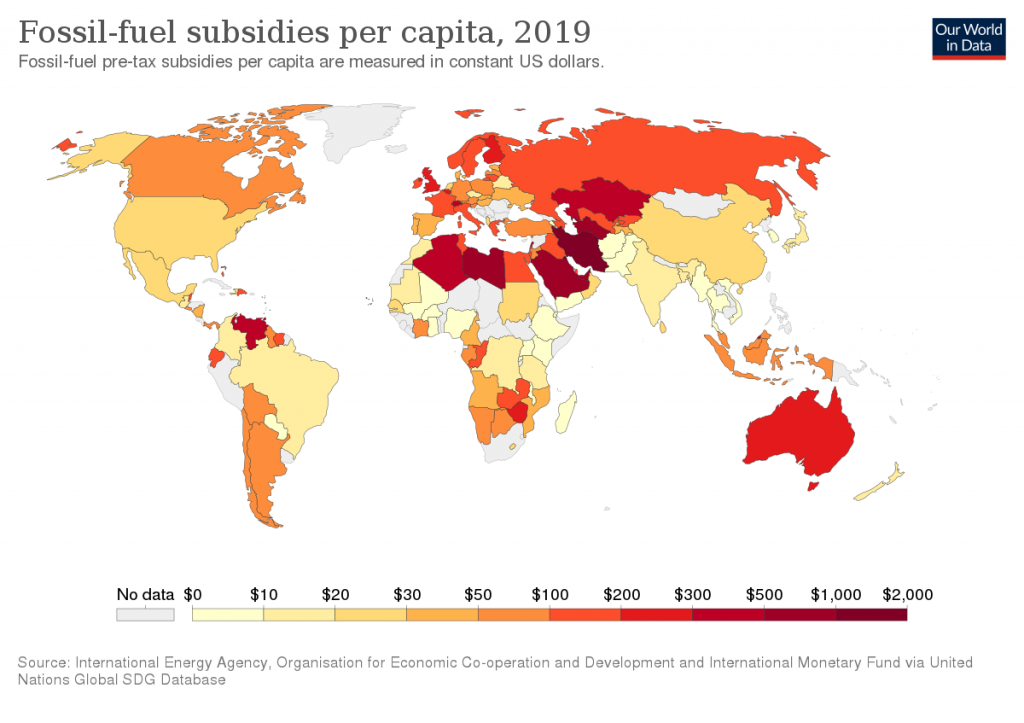
Some analysts state that the United States has subsidized it energy sources for the last 100yrs which enabled it to grow into an industrial world power. As an Africanist, I am quick to remind them that even before the use of fuel for engines that came with the 1800s Industrial Revolution, when production was based on raw human strength, the government subsidized the importation of African slaves to drive their production. In addition to subsidizing production, the government from the mid1900s subsidized consumption based on the understanding that you have to boost consumer demand of social beneficial production.
In over 60 Black African and Caribbean nations subjected to neo-liberal economic policies of subsidy removals and cutting government expenditures, not a single one has successfully uplifted it’s economy. It took the leadership of the Brazilian President Lula DaSilva to uplift the Brazilian economy by doing the opposite of IMF economic policies by increasing consumer demand through payment of subsidies to various sectors and classes, which in no time resulted in the Brazilian economy overtaking the British economy to be the sixth largest economy.
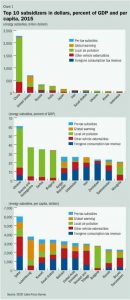
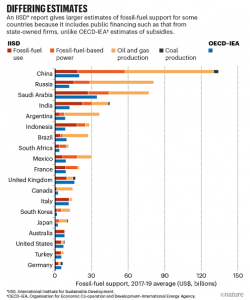
So, despite Brazil’s obvious example, why has Tinubu embarked on an economic suicide mission? Apart from conspiracy theories, this is a case of coloniality of knowledge (Colomentality) and power sources (Western puppets governance). The coloniality of knowledge since independence has resulted, not only in the inability to efficiently manage the neocolonial economy they inherited, but also unable to turn any Black economy into an industrial self sufficient economy. It is obvious that all developed nations launched into industrialization by undertaking massive railway development, but Black Eurocentric scholars and politicians advocate plantation agriculture, reminiscent of the Americas slave Plantation economics.
Post World War Two Europeans pooled their resources in World Bank/IMF to fund subsidies in White nations only, thereby creating a global financial caste system. Western economic dominance obviously dictates our commodity prices and financial terms, so how can African leadership after sixty years of independence, if it is true and real, continue to accept economic suicidal policies from IMF when the opposite polices are obviously applied across the developed world. Why, if not the coloniality of power sources that resulted in kakistocracy, rulership of worst, across Africa has Nigeria, Africa’s most populous nation and largest market, not pushed for an African economic bloc that can compete with other blocs like European Union, North American FTA, China etc, and now waiting on BRICS.
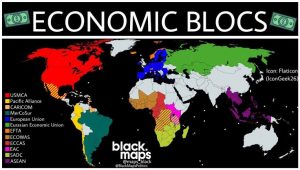
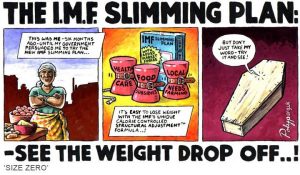
The IMF that stands for International Monetary Fund is actually the International Monetary Foreman in a world where Black Africans were moved from private slave plantations into national slave plantations, led by neocolonist foremen parading as Presidents, Professors, Forces and other sectoral foremen. Such African leadership can’t unify plantation nations that belong to Western colonists into a bloc. Different leaders react to the coloniality differently, like Obasanjo that tries to doubleplay them but remains within the spectrum, Jonathan whose team overplayed tbem and got thrown out with corruption propaganda, and Tinubu who plays along sheepishly for self ambitions. Moreover, it is not that our scholars and rulers don’t know the implications of IMF economic debilitating policies, but like in the slave plantation the foremen are exempted from life threatening production techniques. In modern terms, the foremen find a way out through cost of governance and overinflated contracts.
The cost of governance is actually greater than the cost of fuel subsidies used to stimulate our productive economy. In 2022, out of our ₦16.3 trillion budget, ₦6.8 trillion was spent on the payment of salaries and other personnel overheads, and rises this year to N8.5 trillion of the N21.82 trillion budgeted. Instead of cutting the fuel subsidies to push millions into poverty, it is estimated that Nigeria can save N12 trillion annually from the merger of government Ministries, Departments, and Agencies (MDAs) that have overlapping functions, as recommended by the Stephen Oronsaye report (2011/2013 on the reduction of the cost of governance.
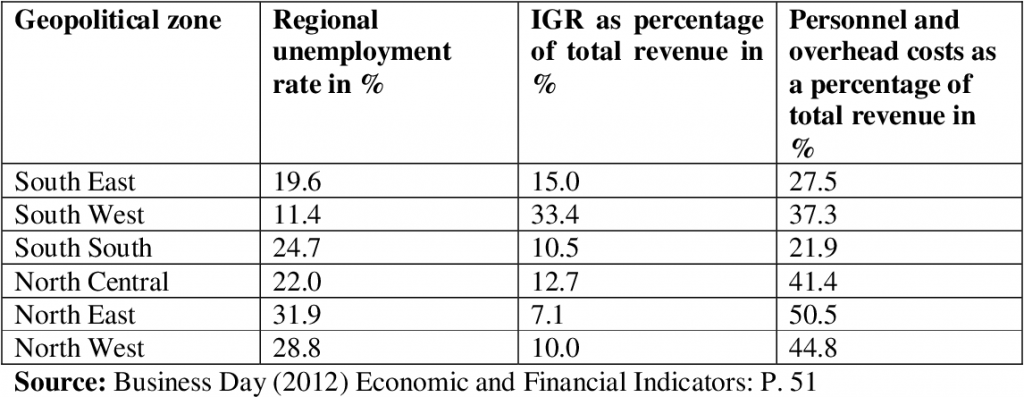
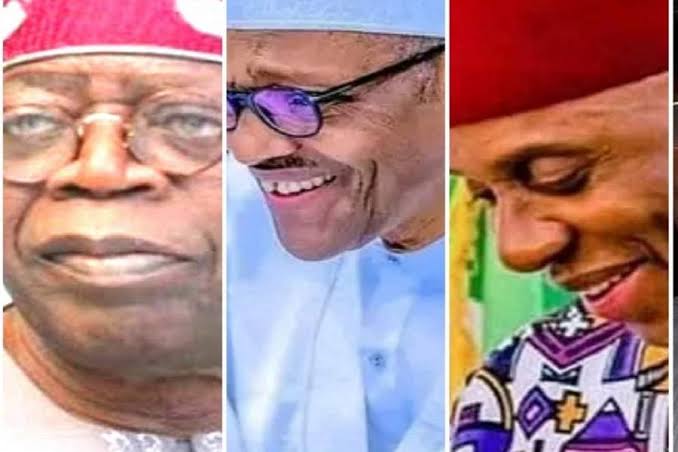
In eight years of APC, a whooping N59.2 trillion was wasted on overheads, personnel costs, and other items of recurrent expenditure. In addition to the bloated bureaucracy and outrageous salaries, we have abuse of office whereby family members carry national jets and large security details for private reasons. In Buhari’s regime only 19.7 per cent of the total budgetary spending, or N14.5 trillion went into capital expenditure (CAPEX), out of which only about 30% was actualized. Out of the actualized budget, our construction projects cost about four times the World Bank benchmark prices. If we can’t have a single operational petrol refinery in over sixty years of crude oil mining, it is not difficult to understand why we haven’t developed and will never develop in this neocolonist governance..
Ultimately, the cost of governance and poor economic policies are passed onto the masses, blaming them for fuel subsidy fraud that necessitates its cancelation. The oil subsidy is the only subsidy that the Nigerian masses and producers enjoy from the tax hungry government. In saner nations with patriotic leadership, there are subsidies for transportation both to produce or build the infrastructure or for the masses to use public transport through cheaper fares. Developed nations don’t only help to build car assemblies and railway lines, but ensure their sustainability by securing the local markets. Their governments ensure that all tiers of government patronize their local manufactured cars, and will even go to war for the carmakers to sell armoured vehicles when the economy stagnates.

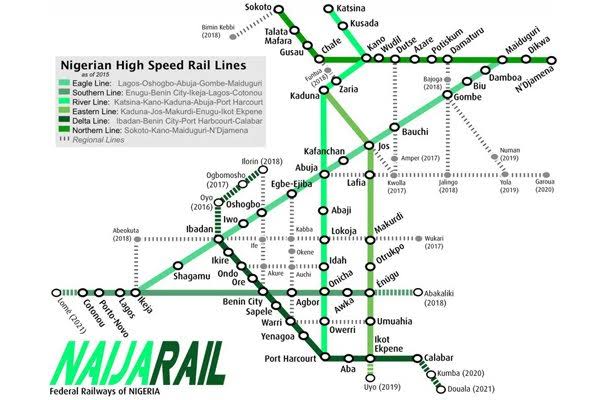
Nigeria leaders see no logic in stimulating industrialization nor agriculture and spends less than $50 million on agricultural input subsidies. In contrast, the global Agricultural Policy Monitoring and Evaluation 2020 report found that the 54 countries studied (all OECD and EU countries, plus 12 key emerging economies) provide over US$700 billion a year to stimulate their agricultural sectors. The vast majority of this, US$536 billion, is in the form of payments to producers; the rest takes the form of consumer support and enabling services such as infrastructure investment or research and development. Despite agriculture contributing about 24% of Nigeria’s gross domestic production, the government allocates about 1% of the budget to the agriculture sector, both recurrent and capital expenditure. N228.4 billion was allocated to the agricultural sector in 2023 which is 1.05 percent of the total budget of N21.83 trillion, compared to a cost of governance of 80% of the budget.
With these obvious deliberate acts to arrest our economic and political development, it is now evident that our independence struggles were just to exchange a White exploitative class with a Black face one. This is not only about Tinubus government alone but we have suffered a case of garbage in garbage out set of Eurocentric scholars, psuedo elites and leaders. When the European colonists left they did not return the powers to our civilizational leaders from who they seized power but a newly indoctrinated neocolonist class that swept our long term stakeholders and the masses aside. Their exploitative practices have now bankrupted the system and the people will eventually rise. Though Tinubu and the entire political class have been warned of provoking a revolution, due to the coloniality of power sources, they only listen to the colonial powers and their international financial foremen and ignore the masses. This was why Tinubu refused to sell his economic plans to the electorate directly and through presidential debates while eager to attended the British Chatham House, the Royal Institute of International Affairs.
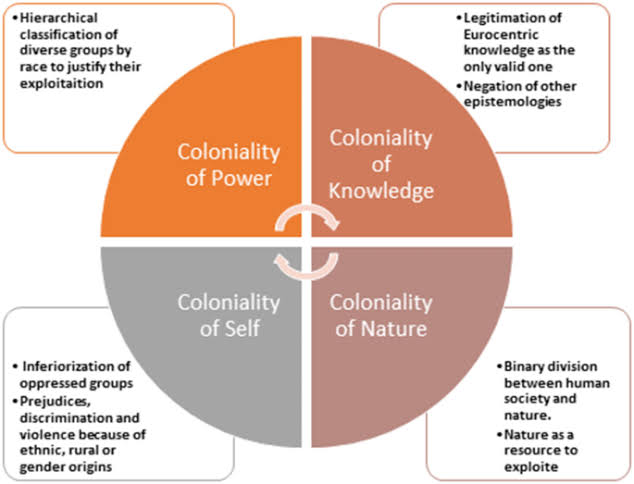
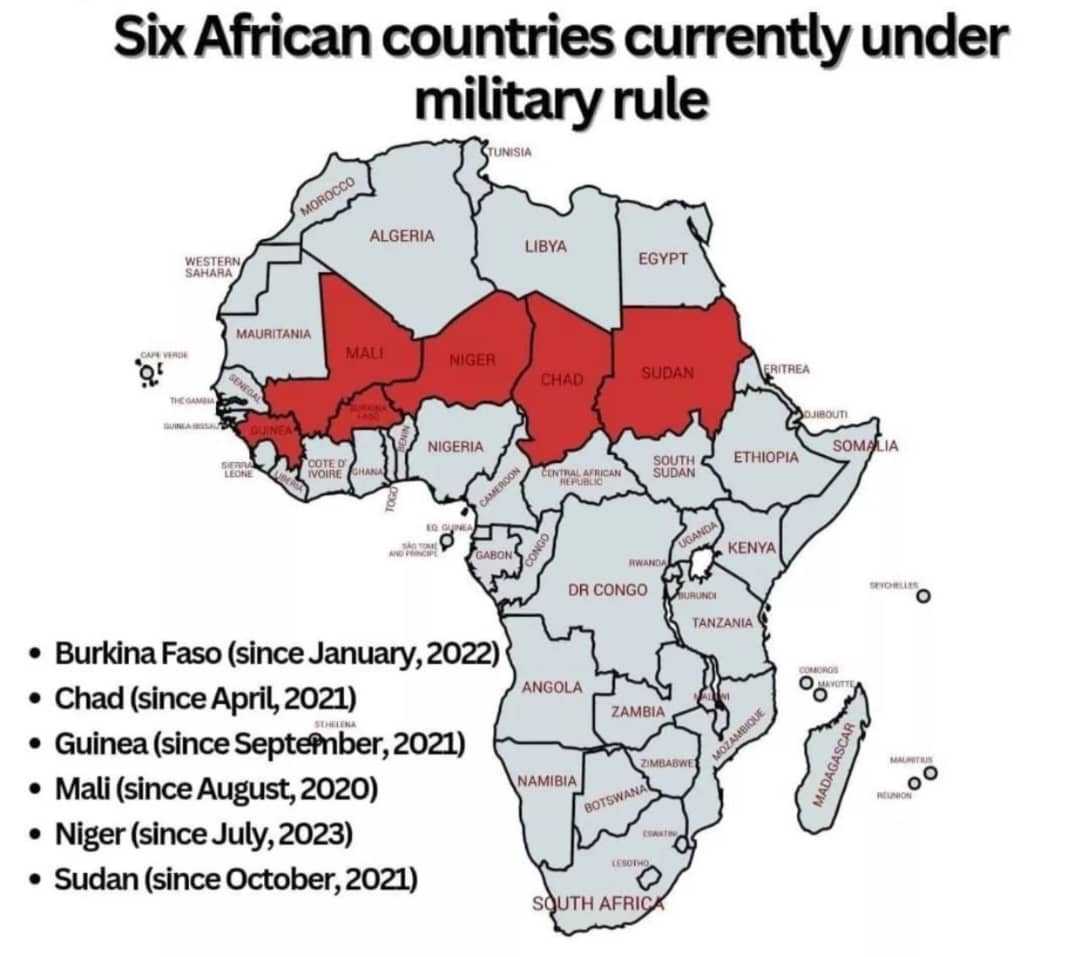
Just as we have seen Francophone countries rise against economic exploitation and connivance of their political leaders with Western sponsored terrorism, the writing is on the wall for all other African nations that Neocolonialism is on its last legs and will fall due to overexploitation. Just like the overexploitation of slave plantation economics led to the Haitian Ogun Revolution that spread across the Americas, the overexploitation of national slave plantations economies will lead to revolutions before 2030, if not before the next election cycle.
A new social contract based on economic, cultural and political justice and development is surely required across Africa, but only after the people revolt to reclaim power from the neocolonist political class and create Civilizational representative democracies.
